Challenges of traveling as a gay digital nomad couple
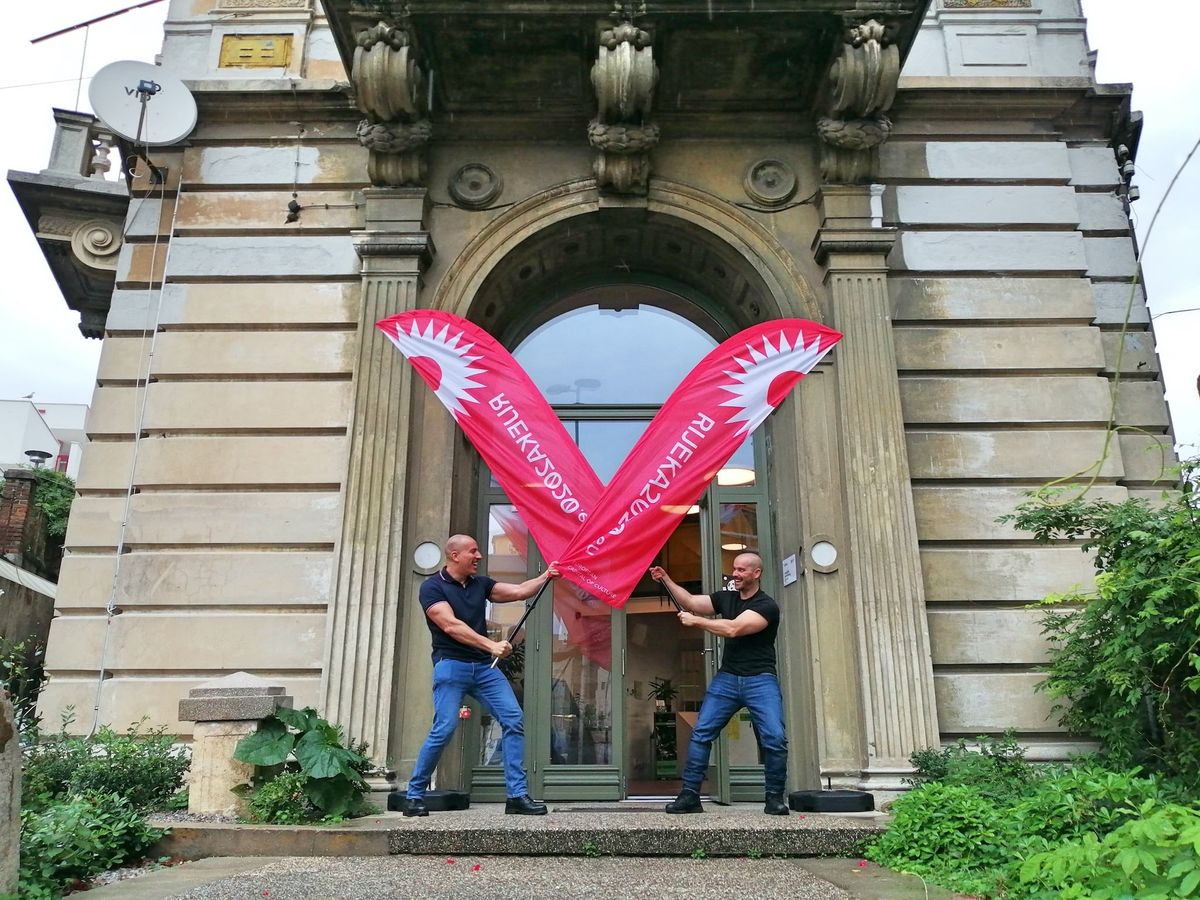
Yesterday, my husband and I were headed to South Park in Sofia, Bulgaria, for a picnic afternoon. To get there, we always pass through the Lovers Bridge, close to the National Palace of Culture.
They do frequent exhibitions on that bridge, from art to science. To our surprise, yesterday’s exhibition was about the LGTBI community. It was a pleasant surprise. When we told our friends and family that we would spend some months in Bulgaria, they all warned us to be careful. Eastern European countries are the least gay-friendly ones.
After spending here half a year, however, I can say that the situation is a lot better than most people think. This is Europe. Yes, Bulgaria is not one of the most LGTB friendly countries, and they still have a long way until the overly traditional Bulgarian society accepts us completely, but they are going in the right direction, step by step.
The exhibition at the bridge was a beautiful example. Yes, there was a guard there because similar exhibitions have been vandalized in the past in other Bulgarian towns. But there it is. Everyone can stop and see brave LGBTI Bulgarians showing their faces, even together as a couple, without any fear. They can read all the information and understand what a gay, lesbian, transgender, or intersexual person is. It may seem obvious to some of us, but misinformation and fear are the main causes of hate.
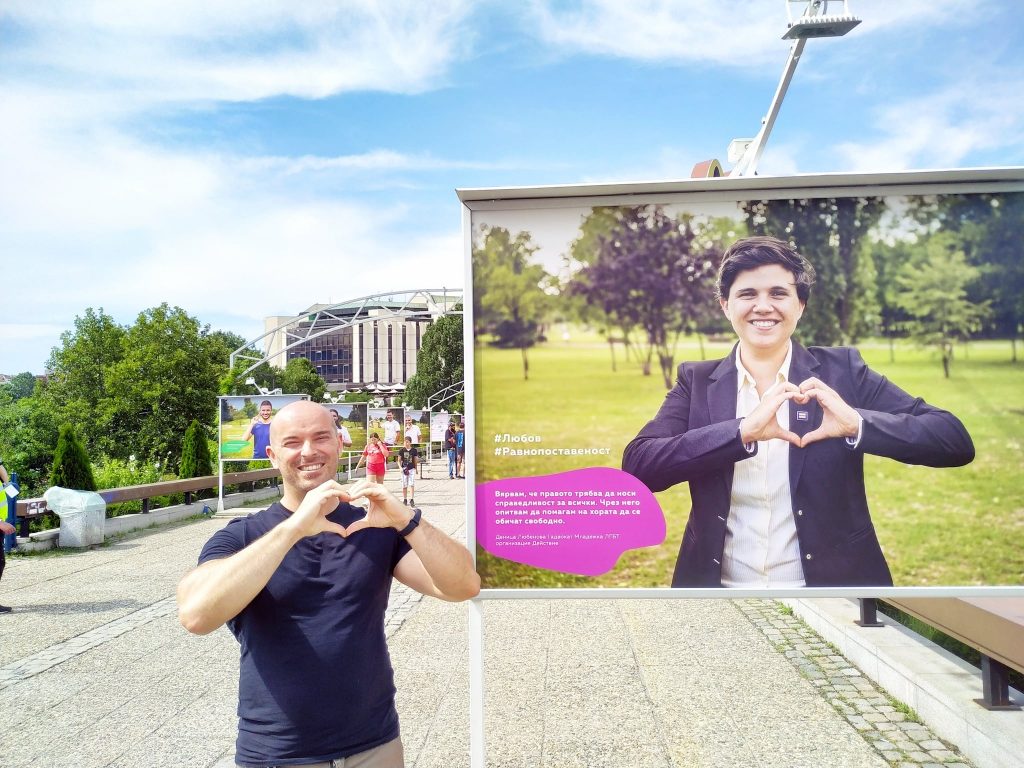
There are much worse places…
In Bulgaria, they have laws against LGBTI discrimination. But we’ve been in places where being gay is a crime.
Malaysia is one of them. Punished under the local interpretation of the Sharia law, homosexuality in this Asian country can result in up to 20 years in prison, whipping, and fines. Indeed, Malaysia frequently appears in the lists of the most dangerous countries for LGBTI travelers. Last year, its Tourism Ministry claimed there were no gay people there.
Luckily, we were in Kuching, in the Sarawak region of Borneo island. Christianity is the dominant religion there, not Islam, and there are many other religious groups, such as Buddhists, Taoists, and Hindus. That makes people in Borneo slightly more open-minded. That does not mean they are gay friendly, of course (Christianity is as hostile as Islam toward homosexuality), but definitely less extremist and aggressive.
A similar situation happens in Bali. Indonesia is an Islamic country, but the dominant religion on the island is Balinese Hinduism. That makes a huge difference, and it is the reason why people go to Bali instead of Java on holidays.
But religion is not the only thing you need to be aware of. Some societies are still intolerant for completely different reasons. There are places you won’t probably find me anytime soon, such as Russia, the majority of Africa, or some Asian and Caribbean countries, like Jamaica.
Our challenges as a gay digital nomad couple
When you are straight, there are things you take for granted. You can go for a walk with your boyfriend holding hands together. You do this without even thinking about it. You just look at him, and hold his hand. You can give your wife a kiss, or a hug, and nobody would care. There are few countries where you need to worry about it.
This little gesture may not seem like a big deal, but it is super important. A good relationship is built and nurtured by means of small details like this. Physical contact is important, and also being able to fearlessly express your love as something completely natural.
When you are gay, you can’t do that. Even in Spain, outside of gay ghettos such as Chueca, my husband won’t hold hands with me. He won’t feel comfortable, and I respect that. In a different country, as a foreigner, I won’t even dare to consider it.
And that hurts. We are not one of these romantic couples that need to be kissing continuously. After ten years together, we are past that phase. But still, sometimes you need to hold hands with your partner. Other times, you need a kiss. But you simply cannot do it. That’s the reality we experience every day.
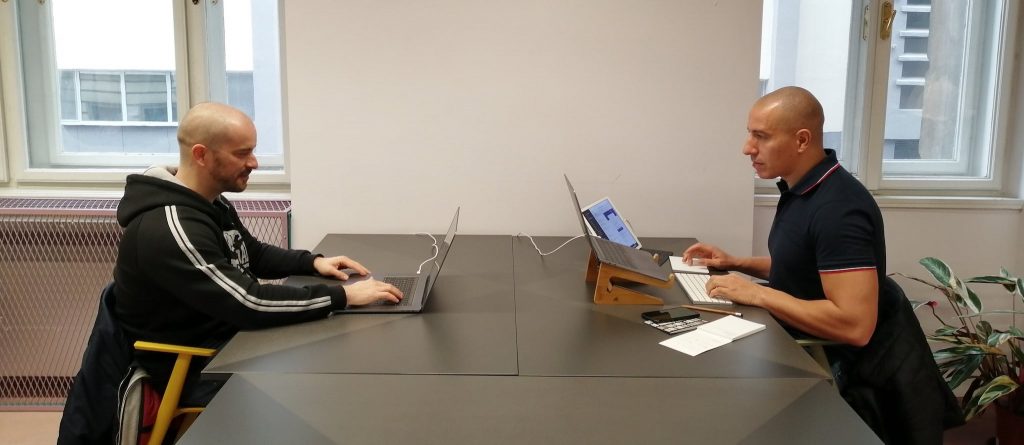
Calculated Ambiguity
But the most upsetting aspect of traveling as a gay couple is how you hide yourself behind a wall of calculated ambiguity and self-censorship.
Soon after joining the Techhub startup community in Riga, we met a French entrepreneur that had been living in Riga for some time. One day, he approached me and asked me, “So tell me, Ignacio, my friend, what do you think of the girls in Riga? They are hot pussies, aren’t they? Don’t you or Miguel have a girlfriend?”.
The question caught me by surprise. And I knew he had second intentions. He knew we had been traveling together for a long time, so he was probably trying to find out if we were gay or not. In previous conversations, I realized this guy was openly sexists and racist, so I did not felt like opening my heart to this guy and telling him I was not interested in “pussies” at all, because I was gay and happily married to another man.
So I answered with an ambiguous response like “You know, we just arrived, and I have been working non stop since then. Too busy these days, huh? Well, see you later then!”.
As I left the room, I hated myself. It took me a long time to accept and love myself. But before that, I had mastered –like most gay people do– a calculated ambiguity to “survive” inquisitive questions from friends and family. We do it so often that we end up assimilating it. It becomes something as natural as breathing for us. We start to use words such as “partner” instead of “boyfriend” or “husband”. We change subjects when our friends talk about girls. We have an emergency conversation ready to deflect attention from the “still no girlfriend” question.
I had promised myself not to do that anymore. I was a 37 years old man, proud of who I was, and happily married to a guy. But still, I did not felt like telling that to this guy.
Self-censorship
That was more than three years ago. I am doing a better job these days. When I introduce myself to others, even if I know Miguel is not completely comfortable with it, I prefer to be honest. Still, even today, there are occasions where I use this dodging skills I have mastered during the years without even noticing it.
Yes, even on this blog, I sometimes fall prey to this self-censorship. When I am writing about some of the things my husband and I do together, I always stop for a moment, considering which word should I choose. Most of the time, I delete the word “husband” and write “partner” instead.
“Partner” is a lot more ambiguous. First, it does not states the sex of the other person, and secondly, it can refer to a business partner… Your brain gets used to these internal arguments, reaching a point where you convince yourself that it is ok.
When things don’t flow naturally, you always overthink things. The other day, we met a couple of nomads from the UK that are based in Bansko but were spending some days in Sofia. They didn’t introduce themselves as a couple, but individually. And then she asked, “what about you guys, what’s your story?”.
That simple question triggers the whole overthinking process in your mind. “Would it be ok if I say that we are married? They did not introduce themselves as a couple, either. Or that’s what I want to think because I don’t want to impose that fact in the conversation?”…
Just be cautious and you’ll be fine
Meeting people and keeping friends is more difficult for digital nomads. I have talked before about how this lifestyle requires an extra effort from you to socialize.
When you are gay, things get more complicated. Meeting people and making friends means getting to know them but also talking about yourself… That’s ok if you have met a couple of ex-pats from New York, London, or Barcelona, but not so easy with other people. If you spend a significant amount of time in a certain country (six months or even more), it is inevitable that even the most naive of your colleagues, friends, or co-working mates will understand what’s going on.
There’s nothing wrong with that. It is perfectly fine, and something you have to embrace. Some people will make questions, but most of the time is just out of pure curiosity or genuine interest.
Laws and religions may still be stuck in the middle ages in some places, but people are usually more friendly than you may think. Especially people you, as a digital nomad, may interact with on a daily basis. Young people, ex-pats, startup members, or folks from the co-working space.
Conclusion
We haven’t found any major issues traveling as a gay couple around the world. Use your common sense. Understand the country you are in. If you are in Malaysia, Russia, or Oman, keep a low profile. Most people from these countries don’t even want to believe that these two foreign girls are lovers, so if you don’t give them a reason to believe it, you’ll be fine.
If you are not willing to do it, that’s perfectly fine too, and I respect it. Don’t go to these places. Stay in Europe, Canada, Australia, or New Zealand. There are still plenty of places for you to visit.
I and my husband would love to hold hands in public in Malaysia, Bulgaria, or even in rural Spain. But it is a long way still until we get to that point. Until then, we should celebrate what we have, and keep on fighting for our rights. We are lucky to live in the XXI century. We are married and can travel together. Not all of us can say the same.

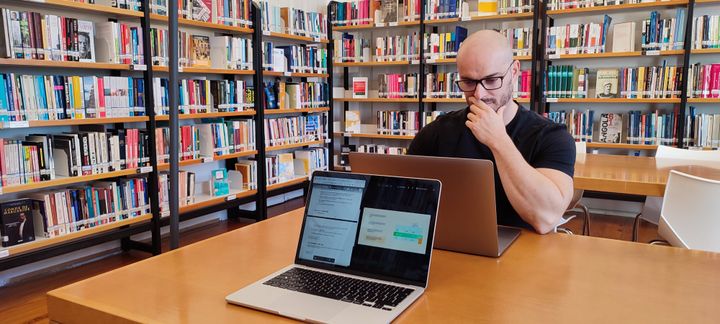
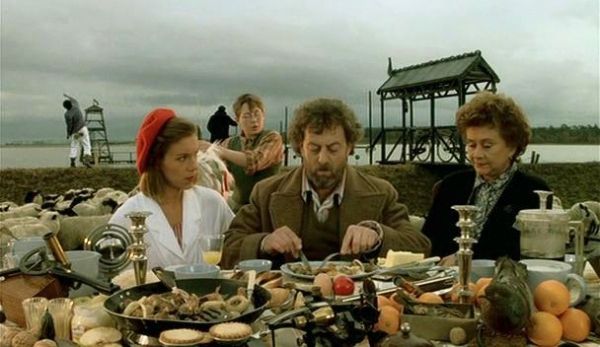
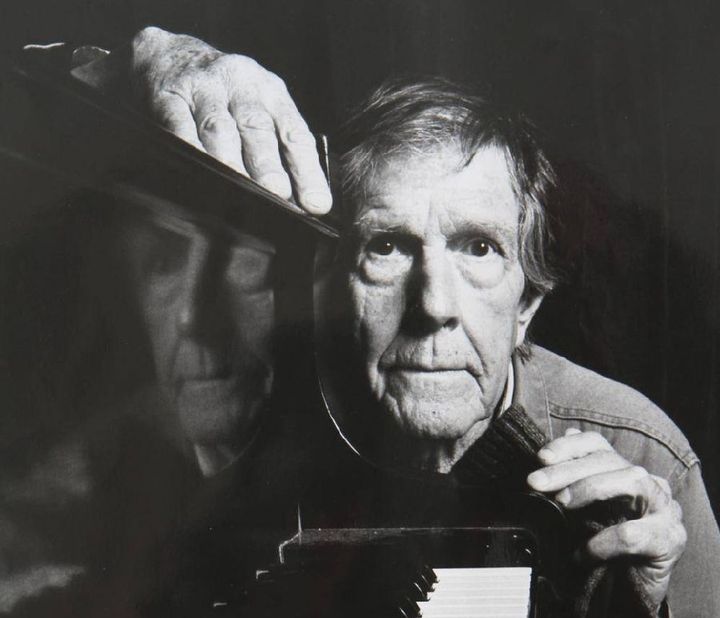
Comments ()